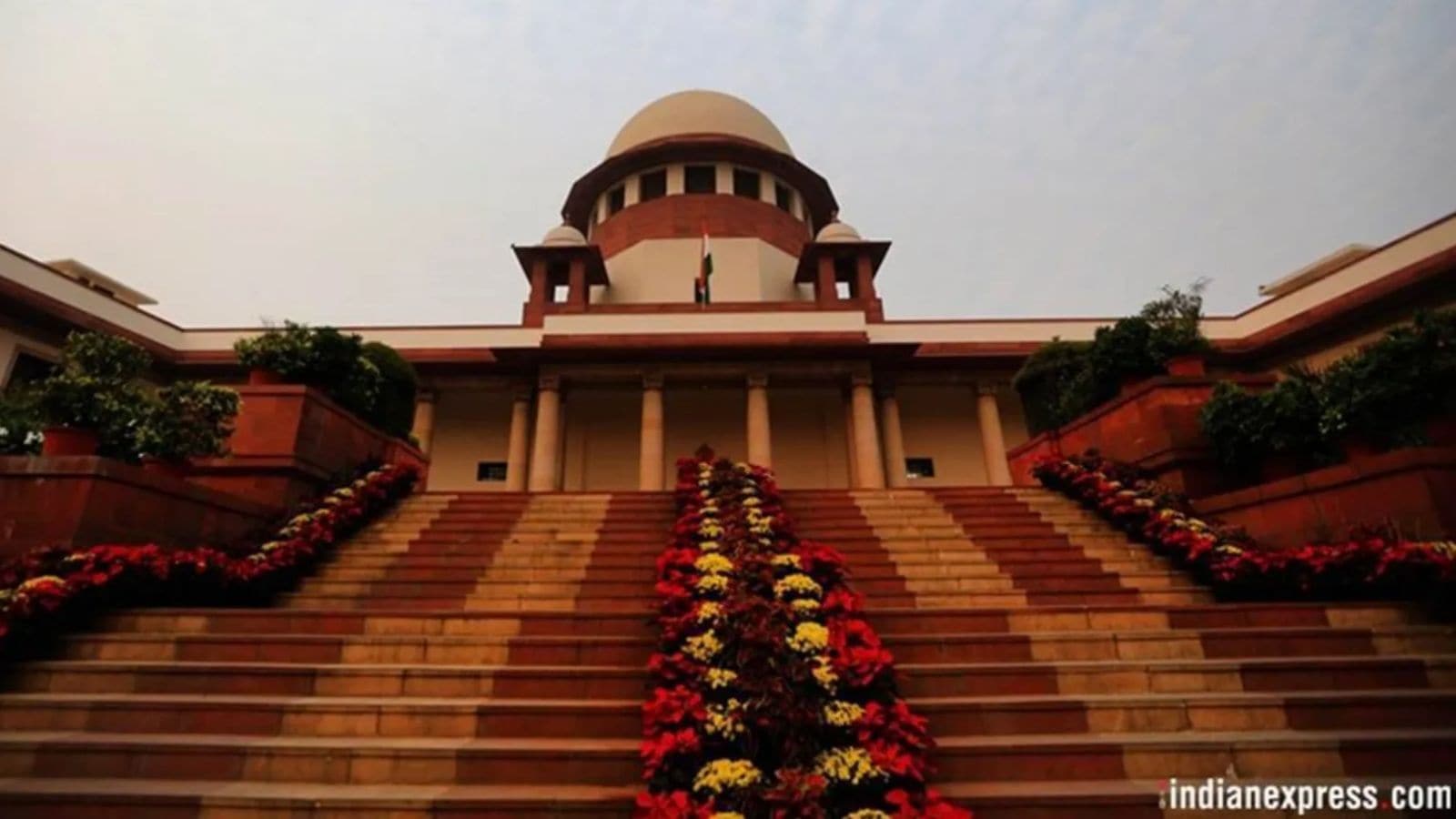 |
|
The Supreme Court of India delivered a significant ruling on Wednesday, sharply criticizing the Enforcement Directorate (ED) for its continued detention of Arun Kumar Tripathi, an Indian Telecommunication Service officer, even after the Chhattisgarh High Court quashed the ED's charges against him. The case highlights a critical legal battle over the interpretation and application of the Prevention of Money Laundering Act (PMLA) and raises profound concerns about the potential for its misuse. Tripathi's arrest on August 8, 2024, in connection with the Chhattisgarh liquor scam, had been based on a complaint filed by the ED under the PMLA. However, the High Court, on February 7, 2025, overturned the Special Court's decision to take cognizance of the complaint, citing the lack of necessary sanction for prosecuting a public servant under Section 197(1) of the Code of Criminal Procedure (CrPC). This decision built upon a previous November 6, 2024, ruling by a two-judge bench of the High Court, which established that Section 197(1) CrPC applies to PMLA cases as well.
Justice A.S. Oka, who was part of both the High Court bench and the Supreme Court bench hearing the case, directly questioned the ED's rationale for keeping Tripathi in custody even after the quashing of the cognizance order. The Additional Solicitor General (ASG), S.V. Raju, argued that the quashing of the cognizance order did not render the arrest illegal, stating that the ED had since obtained the necessary sanction and reapplied for cognizance. However, this argument failed to persuade the Supreme Court bench. Justice Oka drew a parallel with the alleged misuse of Section 498A of the Indian Penal Code (IPC), which criminalizes cruelty against married women, highlighting a concerning trend of using legal provisions to keep individuals incarcerated even after the initial charges are deemed invalid. He expressed deep concern over the ED's apparent strategy of prolonged detention, stating that the 'concept of PMLA cannot be to ensure that a person should remain in jail'.
The Supreme Court's strong rebuke of the ED underscores the critical need for careful scrutiny of the PMLA's implementation to prevent its abuse. The court's decision to grant Tripathi bail reinforces the principle that pre-trial detention should not be used as a tool to circumvent the established legal processes. The court’s order explicitly states that continued custody cannot be justified in the light of the quashing order, leaving it to the Special Court to determine the validity of the newly obtained sanction. The ASG's argument that 'crooks cannot get away on technicalities' and his description of Tripathi's alleged involvement in a parallel liquor business and money laundering to Dubai, while highlighting the seriousness of the accusations, did not outweigh the Supreme Court's concerns regarding procedural fairness and the potential for abuse of power. The court’s emphasis on Tripathi’s lack of conviction is a crucial element in emphasizing the presumption of innocence until proven guilty.
This case has significant implications for future applications of the PMLA. The Supreme Court's stance firmly establishes that prolonged detention based on technicalities alone cannot be tolerated. The ruling serves as a powerful reminder that the PMLA, while designed to combat serious financial crimes, must be used in a manner consistent with the principles of justice and due process. The court’s decision is not only a victory for Tripathi but also sets a vital precedent for ensuring that the legal framework is not weaponized to indefinitely detain individuals, thereby safeguarding fundamental rights and preventing the arbitrary exercise of power by investigative agencies. The case also raises broader questions about the balance between effective law enforcement and the protection of individual liberties, emphasizing the importance of judicial oversight in preventing potential abuses of anti-money laundering legislation.
Source: SC pulls up ED: Concept of PMLA cannot be to ensure that a person remains in jail
